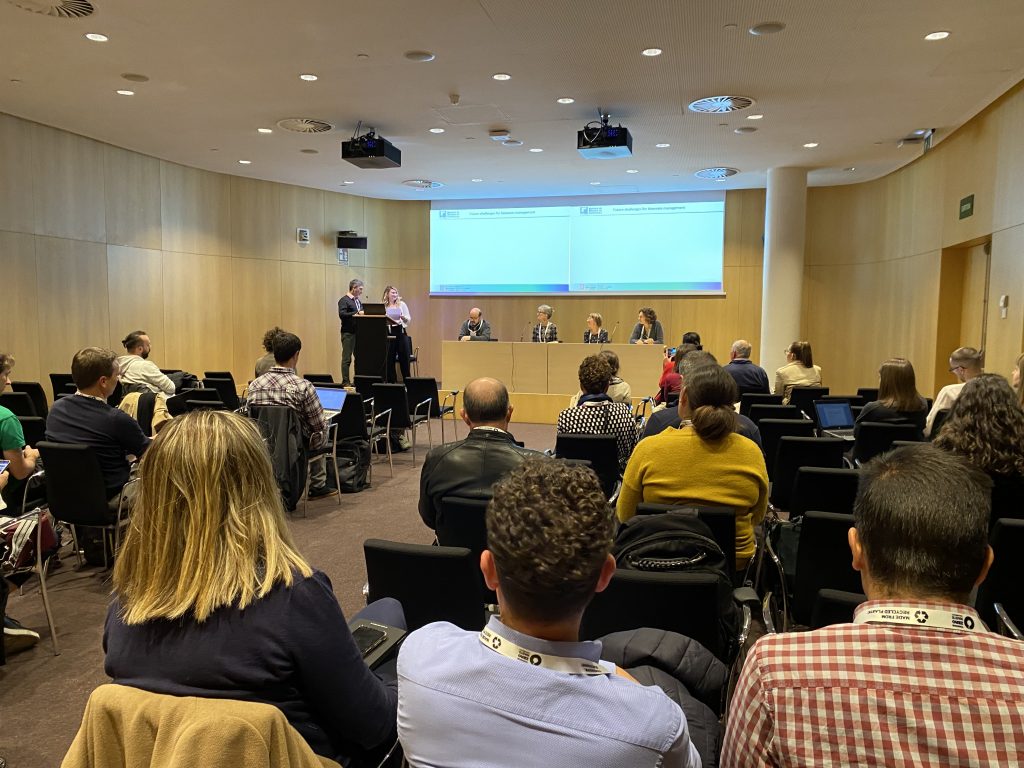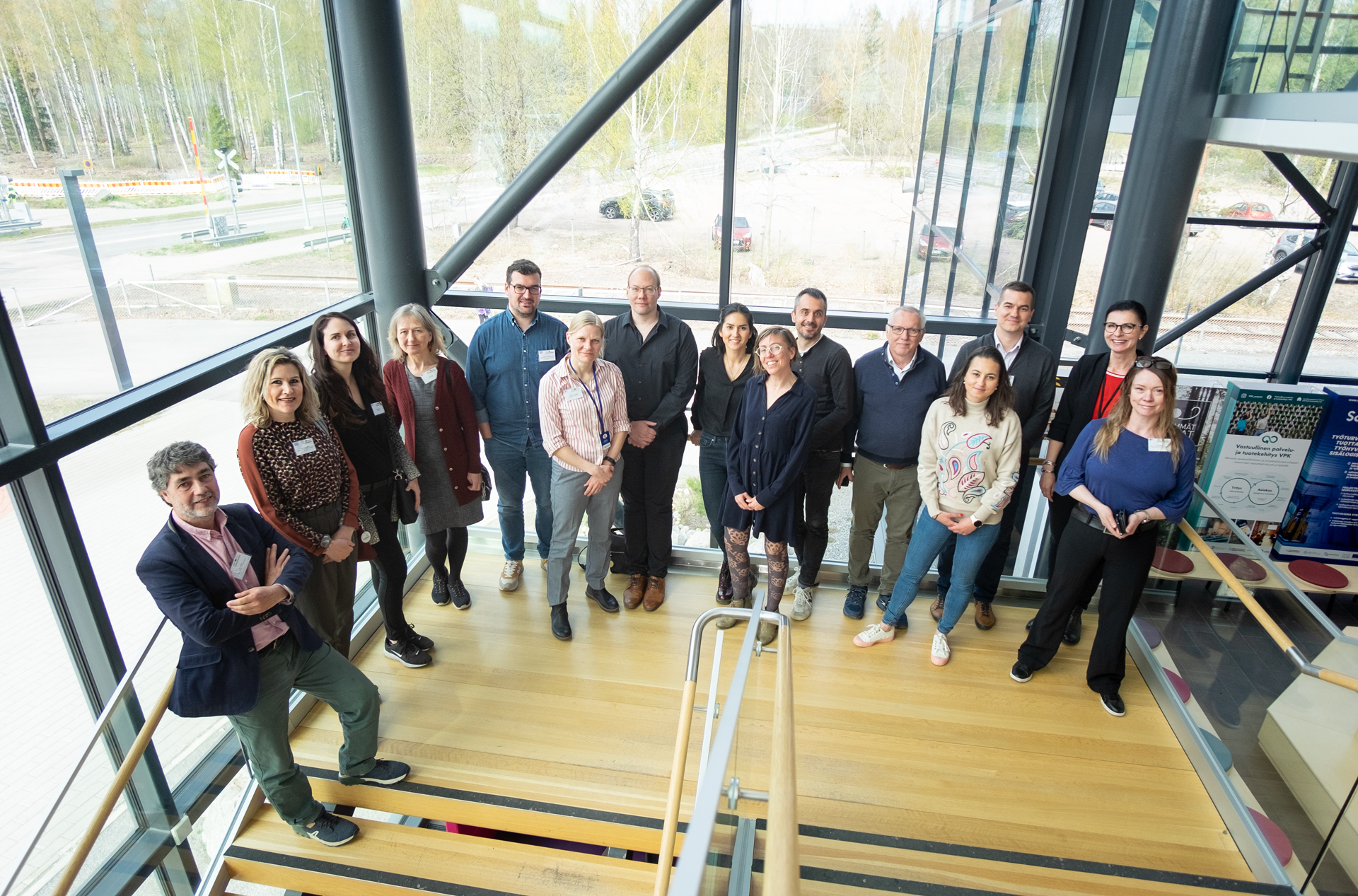Citisystem celebrates the third interregional meeting in Mechelen, Belgium
The Citisystem project, which promotes the circular economy of cities, hold its third interregional meeting in Mechelen (Belgium) between April 24th and 26th.
All the partners presented the latest updates on their regions’ circular bio-economy and bio-waste management together with some relevant data regarding food waste (a third of the food produced is not spent) and actions to promote circularity and waste management in the domestic sphere.
From the CERCA system, IRTA presented the LIFE INFUSION project: the aim is to convert the liquid fraction of the digestate from the treatment of biowaste at waste management plants in the Barcelona area into sustainable water through the removal of ammonium.
The city of Mechelen, which is amongst the partners of the Citisystem project, explained its transition towards a greener and more sustainable city in recent years and offered a tour to show the results.
Together with the meeting, partners and entities attended the Bio-Based City, a bio-economy market to explore ongoing circularity initiatives, and the Mechelen Climate Conference, and also visited examples of good practices around the city.
Moving towards circularity
In the European Union, between 118 and 138 million tonnes of bio-waste are generated each year and only 40% is effectively recycled into high-quality compost and digestate. The fraction of bio-waste plays an important role in the transition to the circular economy, especially if we consider that up to 50% of municipal solid waste is organic.



